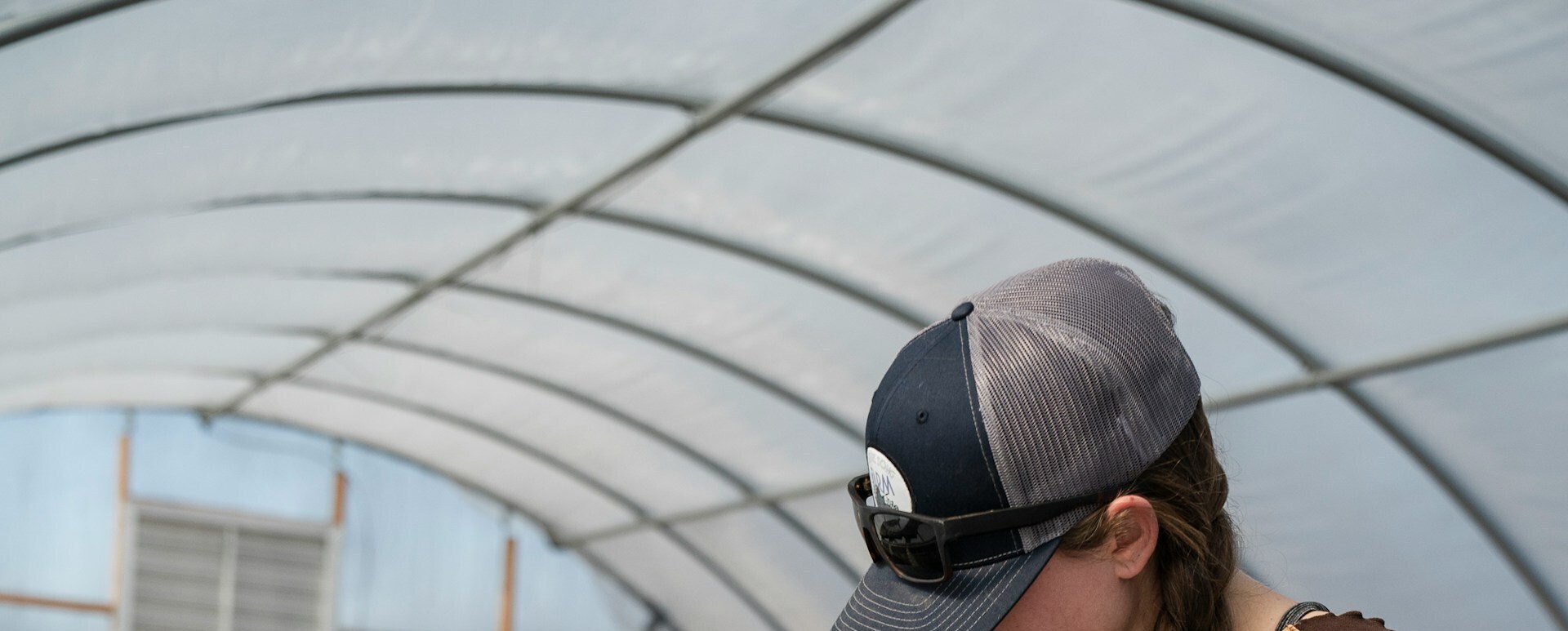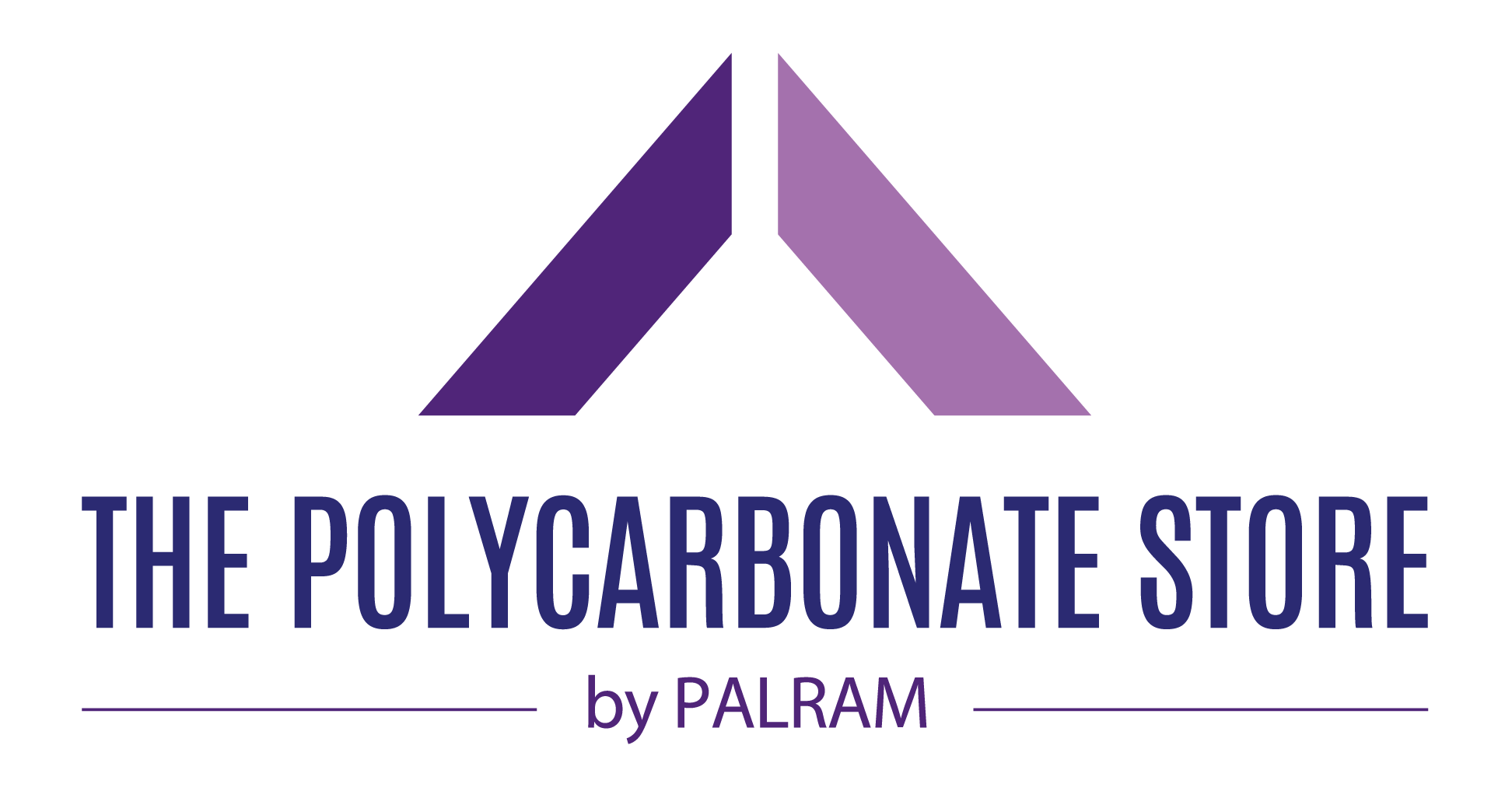Are Polycarbonate Roofs Any Good?
Roofing is one of the key uses of polycarbonate plastic. The majority of people using polycarbonate sheets will work with it on building projects or structural builds and roofing is one of the most popular. But why is this plastic such a commonly used material for roofing? Is polycarbonate actually any good for roofing?
Polycarbonate is a commonly used roofing material due to it being lightweight, easy to install and stronger than most alternative roofing materials (it is 200 times stronger than glass and 30 times of acrylic plastic). Its durability, flexibility and lightweight nature make it an ideal solution for many commercial and domestic roofing projects.
Read on to learn more about polycarbonate and why it makes an ideal roofing material for a wide range of applications.


Benefits of Polycarbonate Roofs
Polycarbonate has many benefits across various applications but its popularity has grown recently in using it for roofing applications. Here’s just a few reasons why polycarbonate is good for roofing:
- Lightweight
- Great climate control
- UV blocking
- Clear or colour-filtered
- Cut-to-size options
- Easy to install
- Varied application
- Cost efficient
Polycarbonate is one of the lightest materials that can be used for roofing, offering easy installation and effective insulation to help keep spaces warmer and cooler through changing seasons.
The flexibility of the plastic enables it to be cut to any shape and size, providing custom-build options and also the availability for use in all types of roofs. For example, it can be used for gable end roofs, lean-tos and even Edwardian-style roofing projects. Being able to custom-cut the size and shape of the plastic means it has much more flexibility for a variety of projects.
Polycarbonate Roofing Insulation
We’ve discussed a number of benefits of using polycarbonate for roofing above, but one of the key benefits is the insulation that polycarbonate offers. It can be used across any build application, making it the perfect choice for a variety of projects including conservatories and sheds, as well as actual house roofing.
However, it is important to understand that polycarbonate thickness varies. For instance, if you are roofing a greenhouse or shed, we’d recommend 4mm polycarbonate. For larger builds, such as conservatories, anything between 25mm and 35mm would be better suited, in order to give better insulation and support.
Essentially, polycarbonate has excellent cooling abilities due to the fact that it allows effective light dispersal and reflects the sun’s heat back out to keep the room cool. Similarly, multiwall and twinwall polycarbonate can help insulate a room and maintain heat inside during cold seasonal periods as it traps air between the layers of polycarbonate.
Types of Polycarbonate for Roofing Projects
Twinwall and multiwall polycarbonate are often used for roofing projects because of their UV protection and clarity. UV protection is delivered due to the even distribution of light which can help plant growth indoors and overall lighting influence inside.
Additionally, both twinwall and multiwall polycarbonate sheets are up to 200 times stronger than glass but also provide a clearer solution and good light transmission.
Depending on the type used, twinwall offers a thinner panelling and therefore distributes light more efficiently. Multiwall has a thicker layer, but still gives good light distribution. It also provides insulation where needed. Visibility is still efficient across both twinwall and multiwall and they offer clarity like no other plastic.
Twinwall and multiwall are generally quicker and easier to fit over traditional glazing solutions and it is much easier to clean than glass, offering low maintenance and cost-efficient alternatives to glass-build projects.
Other Polycarbonate Options
Twinwall and multiwall aren’t the only types of polycarbonate that are good for roofing applications. Below we discuss a couple more options that could work for your roofing project, depending on your individual requirements.
Corrugated Polycarbonate
Corrugated polycarbonate offers similar benefits to those listed above, but tends to be easier to install. They also have a UV protection layer and, unlike similar alternatives, offer superior light transmission and unrivalled clarity.
Solid polycarbonate combines superior impact resistance and clarity with weather and UV resistance, making it the material of choice for outdoor and roofing applications. It is virtually unbreakable and as transparent as glass but is half the weight.
What is the Lifespan of a Polycarbonate Roof?
If it is well maintained and looked after, a polycarbonate roof can last from 10 to 20 years. In some cases, they have been known to last as long as 30 years before they need to be replaced. This long lifespan is due to the fact that polycarbonate is weather-resistant, strong and has a high-impact resistance.
Polycarbonate Roofing at The Polycarbonate Store
At The Polycarbonate Store, we stock a wide range of polycarbonate sheets that are great options for roofing applications. Choose between solid polycarbonate sheets, twinwall or multiwall in a range of thicknesses and colours to suit your requirements.
Browse the range today or get in touch with our expert team for tailored advice.


